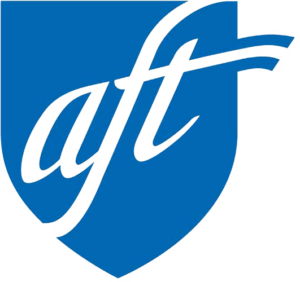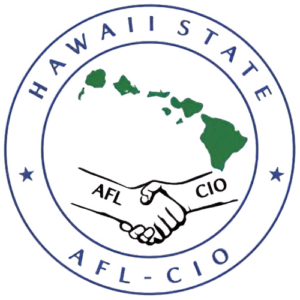AAUP/AFT – FIGHT AGAINST INTELLECTUAL DIVERSITY
As reported in Inside Higher Ed, “the Indiana General Assembly have now passed a controversial bill curtailing diversity, equity and inclusion programs and tenure protections in the state’s public colleges and universities—partly through shifting focus to what Republican lawmakers call “intellectual diversity.”
Senate Bill 202 now awaits GOP governor Eric Holcomb’s signature or veto. If it becomes law, the measure will leave it to campus boards of trustees to determine what “intellectual diversity” means in individual faculty members’ disciplines, to gauge whether professors have delivered it and to decide how much they should be punished if they fail.
These boards would have to pass policies to deny promotions and tenure if “based on past performance or other determination by the board of trustees, the faculty member” is “unlikely to foster … intellectual diversity.” Additionally, “intellectual diversity” would be considered in post-tenure reviews, which the bill would newly require at least every five years.” The Indiana Conference of the American Association of University Professors is leading the fight right now to urge Gov. Eric Holcomb to veto SB 202.
As AFT President Randi Weingarten pointedly stated, “Everything local is national and everything national is local.” We can no longer assume that we may not face similar challenges from our local legislature in the future, as the Senate Higher Education committee has already pushed for legislation in the past that threatens tenure, faculty workload, and institutional funding.
We are in an uncertain time. With the UH Board of Regents still trying to process how to move forward with the recent events; the presidential advisory committee which has just been approved and will start its work; and the nation preparing for Biden v. Trump 2 in November, there will be many more challenges and work to be done. This year may become the turning point where we need to be more diligent, responsive, active, and vocal in order to protect academic freedom, as well as, diversity, equity, and inclusion to protect the academy and our institution.



